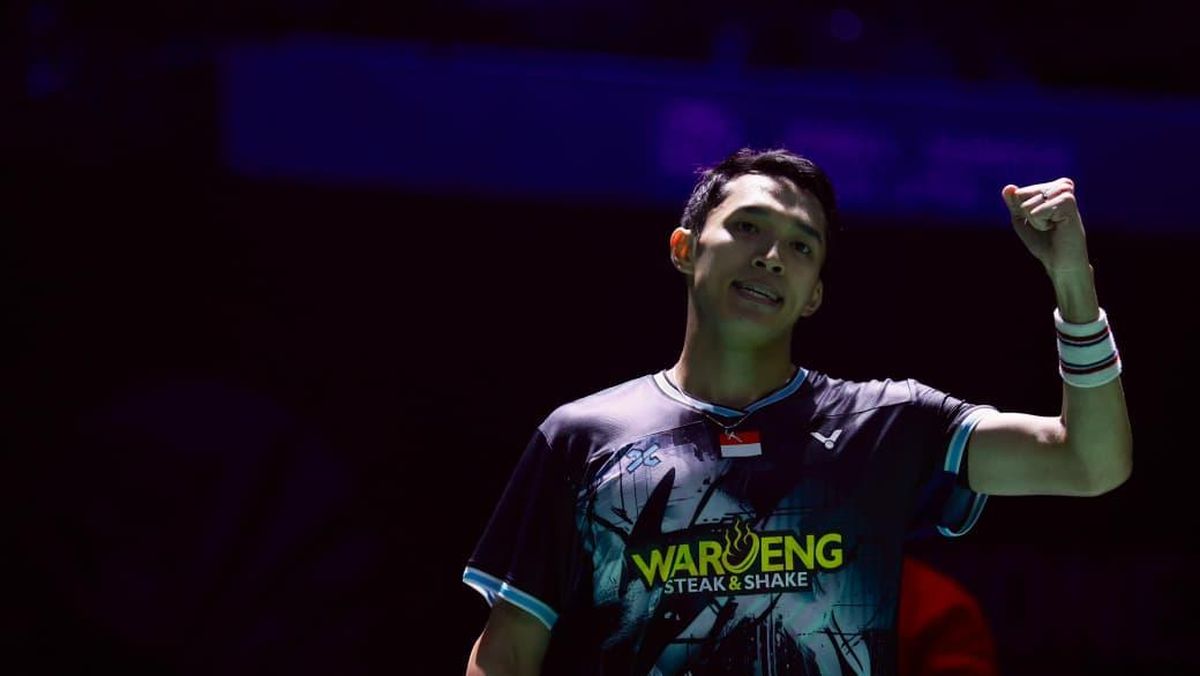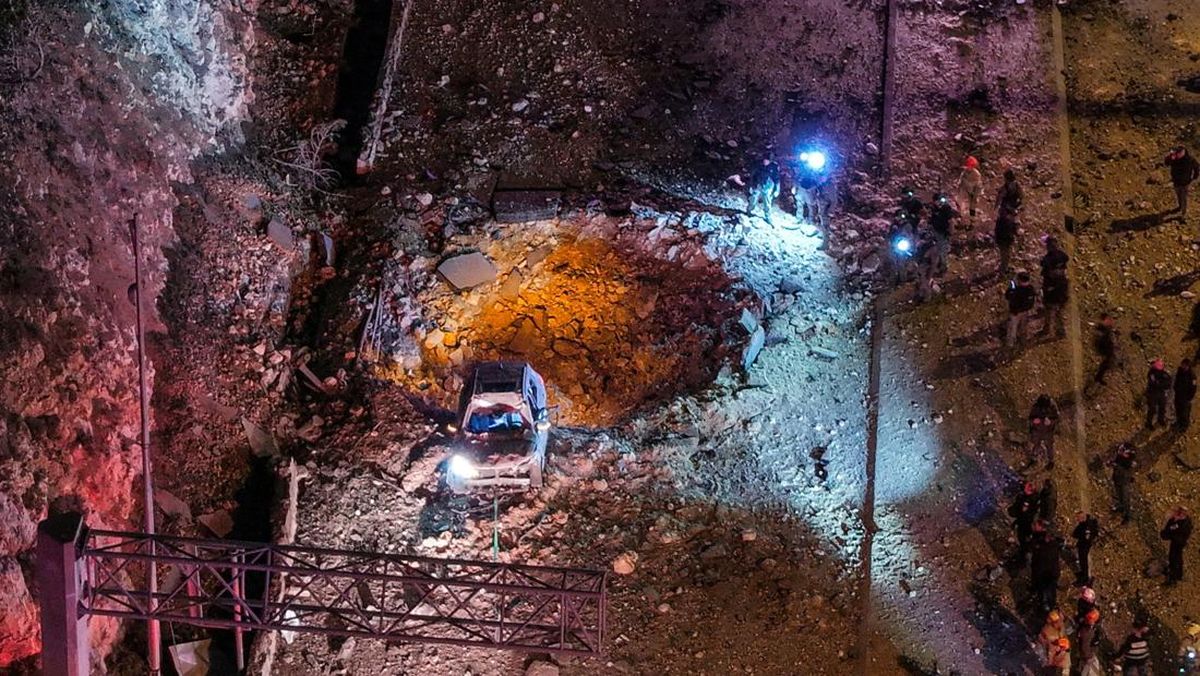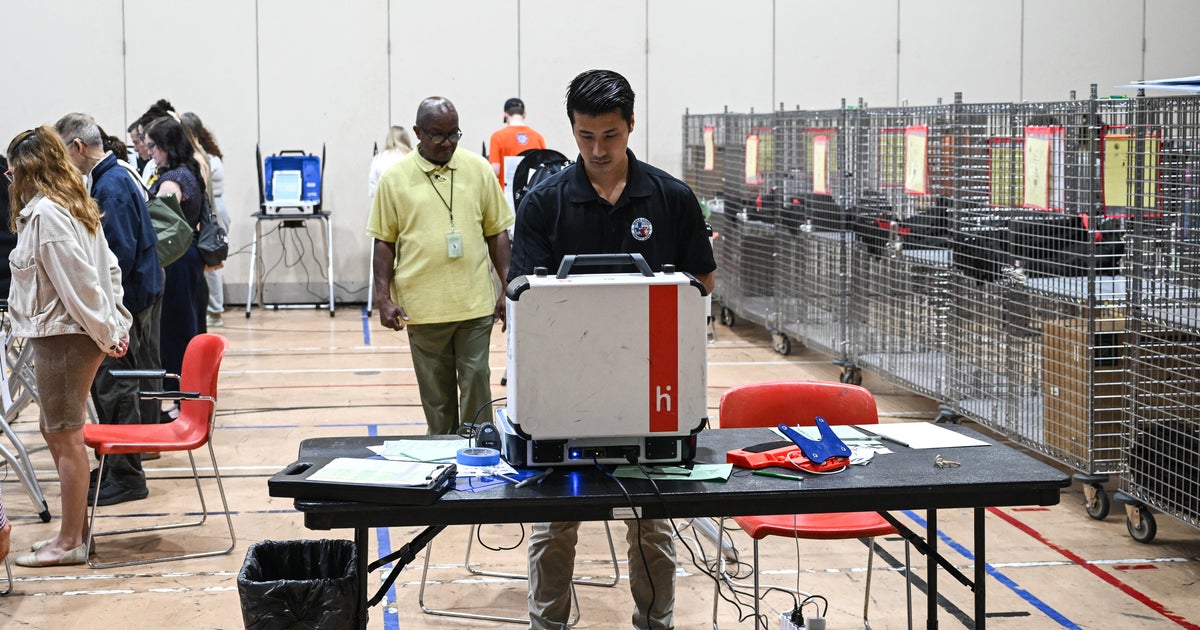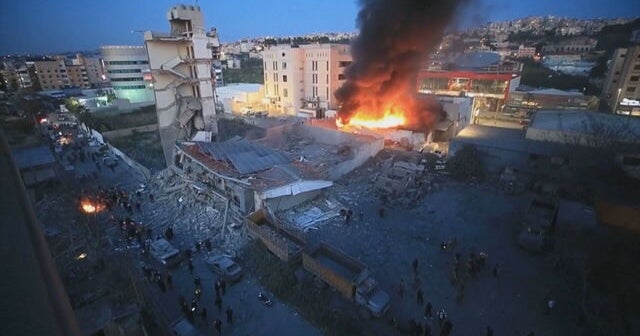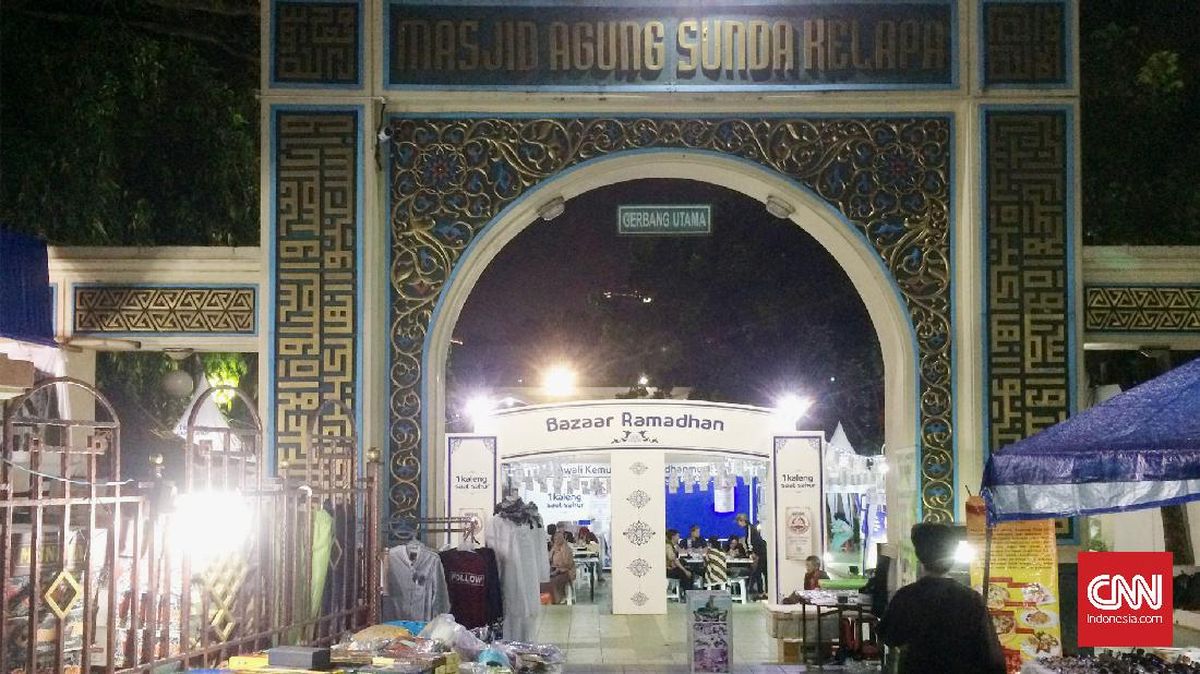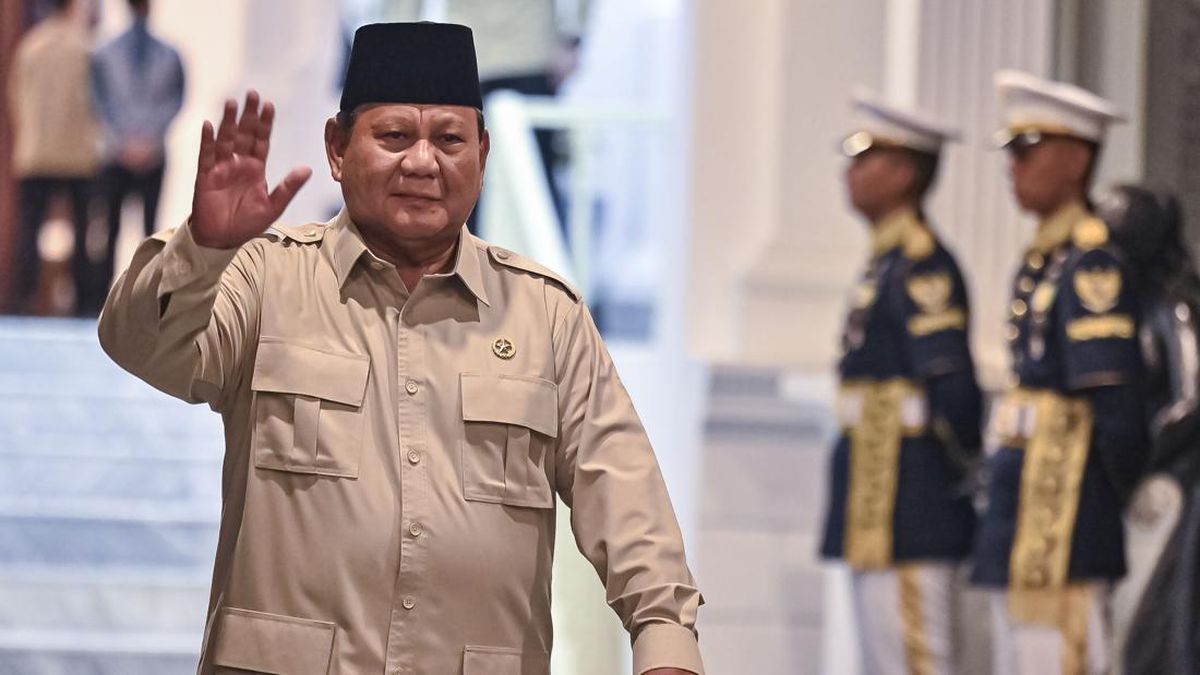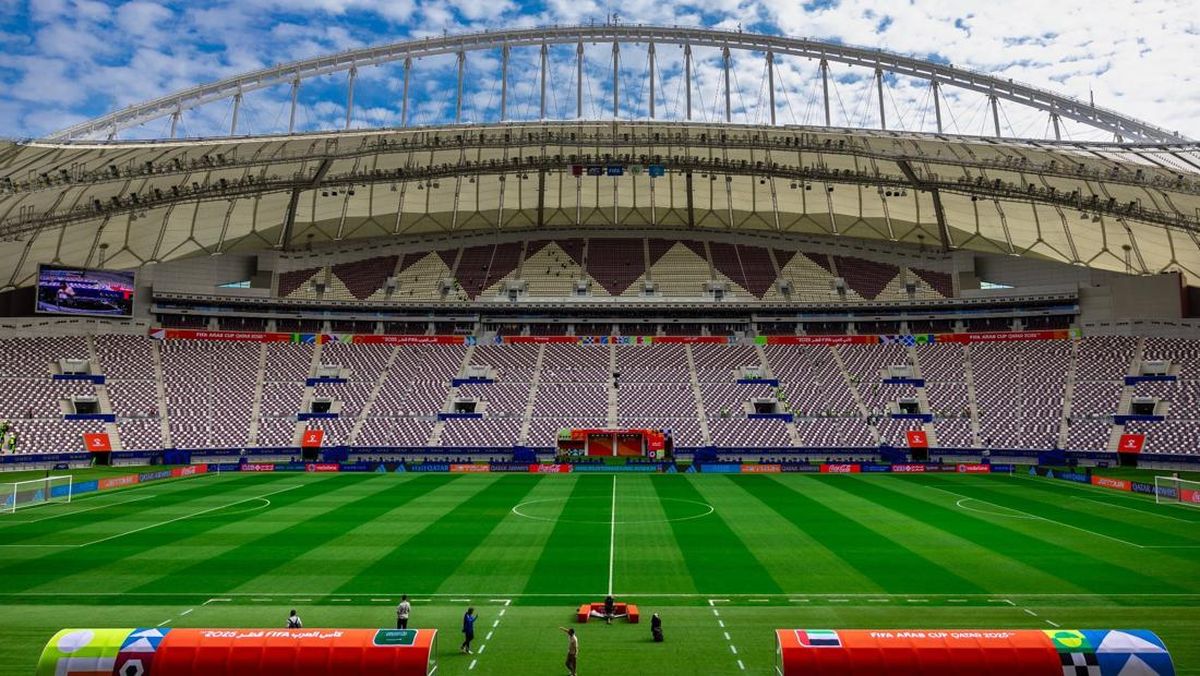The Autumn Nations Series has thrown up some superb rugby; from New Zealand's final-quarter blitz of Ireland in Chicago to the dramatic finish between Wales and Japan in Cardiff.
There's been Louis Bielle-Biarrey's brilliance for France, Argentina's amazing comeback against Scotland, England's emergence as a global force, and South Africa cementing their greatness with formidable victories in Paris and Dublin.
But while there is much to celebrate, there have been frustrations too, particularly over the officiating of foul play and the use of the television match official [TMO].
"Bloody absurd" is how Japan boss Eddie Jones has described, external the amount of time lost in the game to stoppages, while according to former England wing Chris Ashton, the officiating at times across the month has been "bang average".
After Ireland's defeat by South Africa lasted well in excess of two hours, with five yellow cards and the hosts at one point down to 12 men, former Ireland flanker Stephen Ferris said the game felt "broken".
So why is the sport in this predicament, and what can it do to improve?
There is a paradox at the heart of rugby union. An inherently physical - and, to some extent, dangerous sport - has faced an existential crisis over safety, with numerous ex-players embroiled in legal action against the game's authorities.
As a result, the law-makers have spent years trying to crack down on dangerous play by empowering referees to sanction illegal tackles with red and yellow cards.
But while there is an ambition to recalibrate the sport from a collision game back towards more of an evasion one, rugby union at the highest level has never been more brutal, as the Springboks showed in their dismantling of Ireland at the Aviva.
Understandably therefore, the officials are on red alert, desperate to ensure any dangerous tackles or collisions don't slip through the net. What does this lead to? TMO referrals. Stoppages. Time taken out of the game. A sport that is already complex and hard to referee, becoming even more so.
"Name a sport where the officials are more visible than rugby?" asks World Cup winner Paul Grayson.
"It is a very difficult game to officiate anyway, without all the extra goings-on."
"The only other game I can think of where there are that many contacts and situations is the NFL, and there are seven referees on the pitch, looking at everything," says England cap centurion Danny Care.
"All the stuff that has slowed the game down and confusing it at the moment is the stuff that's happening off the field with referrals and TMOs and bunker reviews," adds Grayson.
"It's the sheer amount of time people off the playing surface are interjecting, or being asked to interject, that's making the games at times a bit of a mess."
Two new officiating protocols have come into the sport in the last few years, as the powers-that-be grapple over the tricky balance of prioritising player safety with keeping the game flowing, all the while giving the referee a helping hand.
The bunker system was established in 2023, with the aim to defer decision-making for foul play to an off-pitch official, who has 10 minutes to pore over the footage in private and judge whether a yellow card should be upgraded to a red card, while the game continues.
Meanwhile the 20-minute red card is designed to make sure that the offending player is punished rather than the paying punter. While the guilty party can't return to the field, they can be replaced after 20 minutes in a bid to not completely alter the spectacle.
Both the bunker and the 20-minute red cards are very solid concepts in theory, but in practice they are not foolproof.
On the opening weekend, Ireland forward Tadhg Beirne had his yellow card upgraded to a 20-minute red against the All Blacks. It was then overturned by a disciplinary panel.
South Africa's Franco Mostert received a full red card against Italy a fortnight later; again, this was rescinded.
On the same weekend Japan's Harry Hockings was given a red against Wales, which was also later scrubbed off, while Ireland supporters were up in arms as Springbok talisman Sacha Feinberg-Mngomezulu escaped censure for a clumsy challenge on Tommy O'Brien.
The officials are in an invidious position. Too many TMO checks, and too many stoppages, will turn off the fans. On the other hand, missing acts of foul play will also be latched on by coaches and supporters.
But it has been hard to tell this month what constitutes a penalty, what constitutes a card, and what colour that card should be.
Even the most informed rugby followers are scratching their heads.
"There has to be a way of getting this right, rather than consistently getting it wrong and cards being rescinded. No wonder you are going to get very angry fans voicing their opinions," says Care.
Former England and Lions wing Ugo Monye, who sits on World Rugby's High Performance committee, adds: "There needs to be a recalibration. On some of those decisions, it felt obvious [what the decision should be] but for some reason this month it seems to have been poorly managed. I can live with the team of officials getting it wrong, but I have less grace with the bunker officials getting it wrong."
One suggestion is to drastically reduce the amount of TMO interference, empowering the on-field referee to make quick and unilateral decisions.
Another is to have high quality referees as TMOs, to give the on-field referees the best possible guidance.
Officials centrally contracted to World Rugby could also help with consistency, given referees interpret the game differently from league to league, tournament to tournament, and hemisphere to hemisphere.
Meanwhile luminaries in the game, such as Eddie Jones, have long advocated limiting the number of replacements in a bid to increase fatigue, open up space, and reduce the number of collisions.
For Ashton, referees need to get pace into the game from the off.
"The refereeing has been bang average and it is frustrating the life out of me," he says.
"Luke Pearce was outstanding in the France v Australia game. From minute one he was speeding the game up. But then we come to England v Argentina, and the referee is letting a player tie his shoelace for a minute."
"The whole thing has been put under the spotlight, and World Rugby probably has to get hold of it," Care continues.
Despite the concerns, England boss Steve Borthwick feels the international game is in rude health.
"I think Test rugby is in a really good place. So many games are going down to the final quarter with one score," he told the Rugby Union Weekly podcast.
"I sat and watched the Ireland against South Africa game and I thought it was gripping. Yes there were [lots of] TMOs, but there was a whole lot of tension within them. I think from a spectator point of view, it is very good."
"We don't need to change it all and risk tweaking the laws too much," adds Monye.
"For the best part of 18 months, I don't think there have been too many complaints about the game and how it's been refereed.
"But I do think it has come to a head this autumn and I would love to see how it filters into the Six Nations. A tweak is needed, but not an overhaul."
The aforementioned Six Nations will be hugely anticipated, and should be another classic, while 2026 also sees the inaugural Nations Championship in the men's game. There is lots to look forward to.
That is followed in 2027 by the Rugby World Cup, which promises to be the biggest yet. But whether it is the best will depend on how the sport keeps adapting to its many challenges.

 3 months ago
20
3 months ago
20




